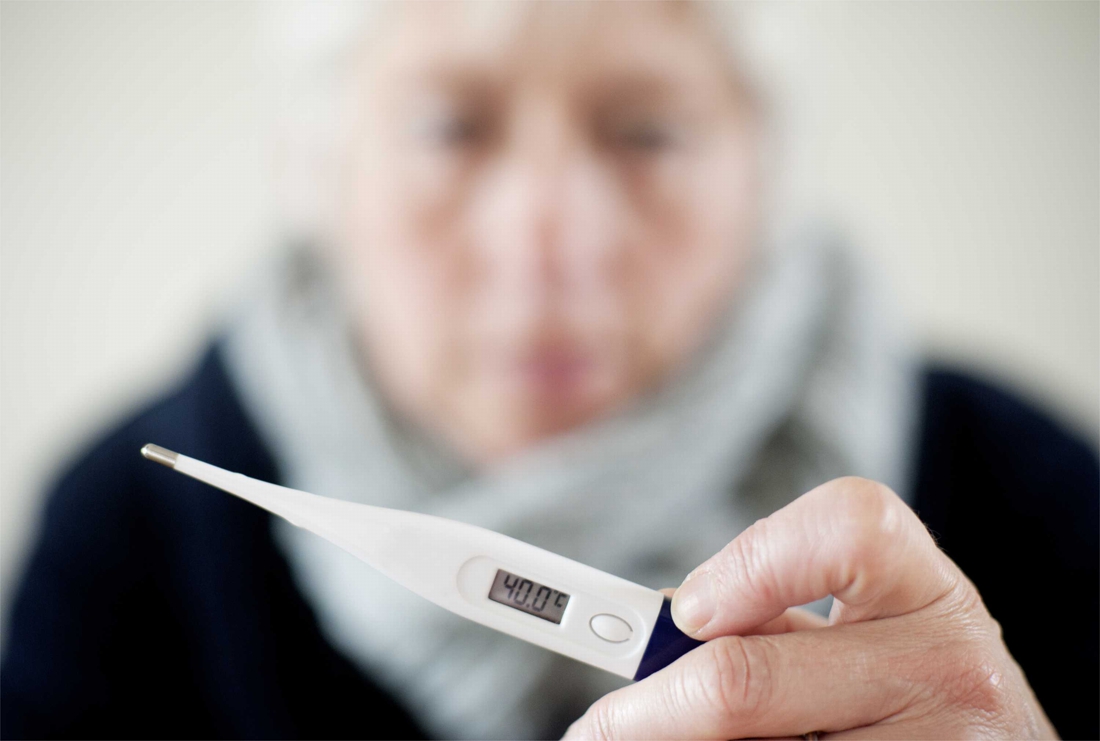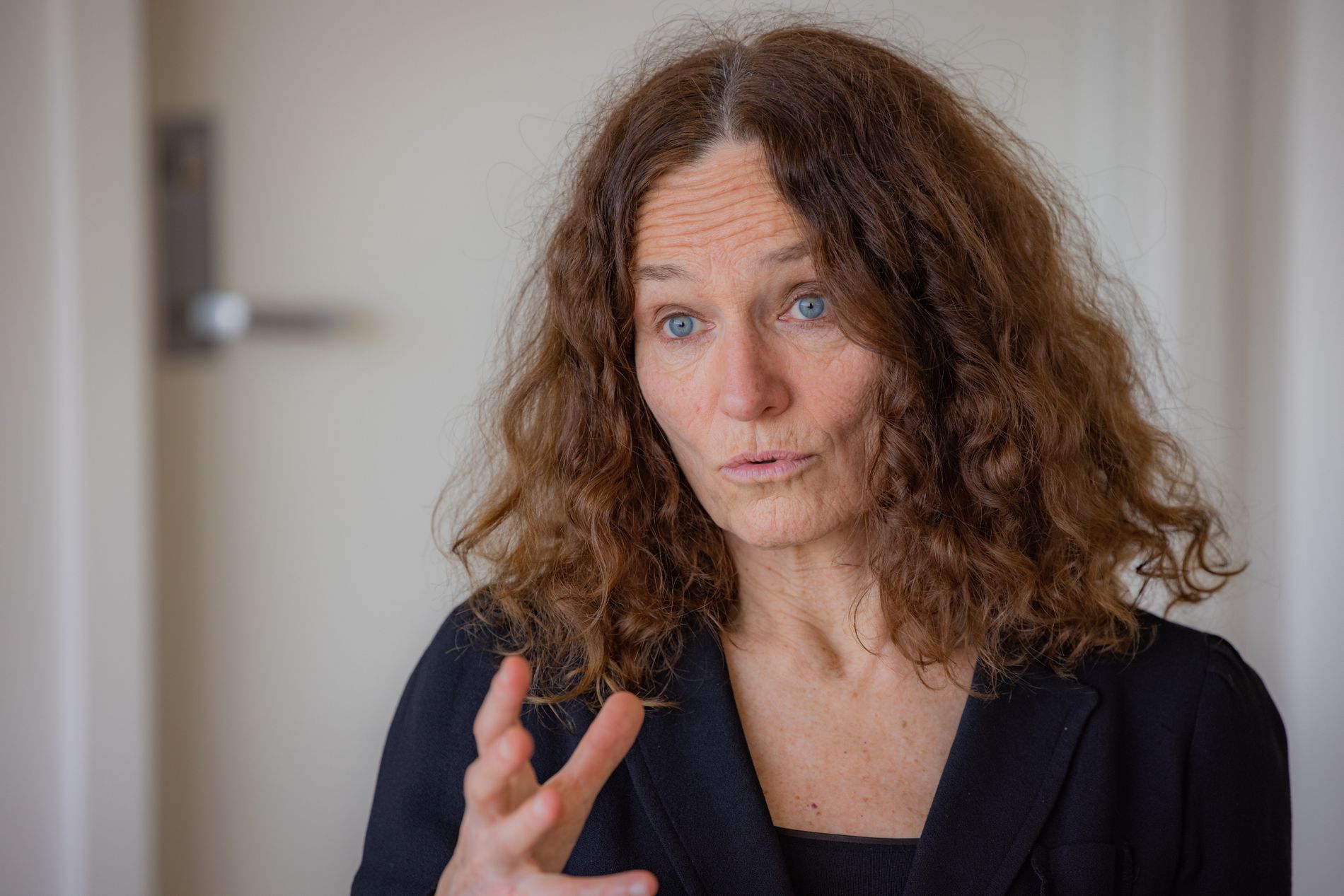All people from the age of 65, people who live in an institution, all patients with a chronic condition and all pregnant women should receive a vaccine against the seasonal flu for the coming winter as a priority. That is what the Superior Health Council (SHC) said in an advisory report.
–
In January, the Supreme Health Council received a request for advice from Federal Minister of Health Frank Vandenbroucke (Vooruit) about the strategy for seasonal flu vaccination for the period 2021-2022. Because there were few or no flu cases worldwide last winter due to the corona measures, one takes into account a heavier flu season. Therefore, the SHC has considered adapting and supplementing its previous advice on priority groups and their possible phasing for seasonal influenza vaccination.
We do not know about the population’s immunity to cope with the flu phase next winter, according to the SHC. The lack of recent natural immunity could increase the risk of transmission of the influenza virus, especially from children/young adults to people at higher risk.
Three categories
In its advice, the SHC distinguishes three categories of people who should be given priority for vaccination. Category A has the highest priority and should be vaccinated simultaneously from mid-October. There are three groups in that category.
Group 1 are the persons at risk of complications. This includes all individuals over 65 years of age and all patients over the age of six months with underlying chronic lung disease (including severe asthma), heart (excluding hypertension), liver, kidney or metabolic disease (including diabetes). Also eligible: all institutional residents, all pregnant women regardless of stage of pregnancy, and children aged six months to 18 years on long-term aspirin therapy.
Group 2 includes people working in the health sector, inside and outside healthcare institutions. And group 3 includes people who live under the same roof as group 1 at risk and children younger than six months.
The people from categories B should be vaccinated after those from category A, depending on the availability of the vaccine. According to the SHC, it makes sense to vaccinate all persons between the ages of 50 and 65, even if they do not suffer from a risk condition, after talking to their GP. In addition to the increased risk of developing flu complications due to their age, according to the SHC there is also one in three chance that they will have at least one factor that increases the risk of complications. This mainly concerns people who smoke, drink excessively and/or are obese.
Categories C finally the rest of the population. If the vaccine stocks allow it, he can be vaccinated for personal reasons.
The SHC recommends vaccinating from mid-October. Influenza vaccination offers protection within a period of ten to fifteen days after the injection.
– .


